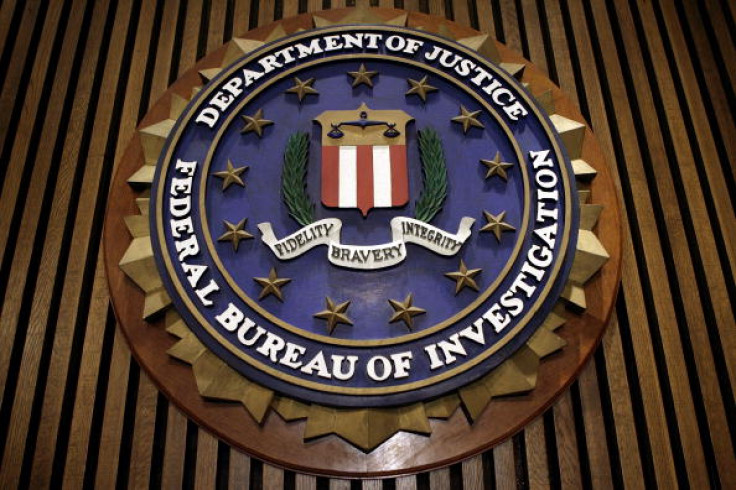FBI proposal to keep biometric database private opposed by privacy activists

The FBI has proposed for its massive biometric database called the Next Generation Identification (NGI) to be exempted from privacy protection and a federal law. Americans can sue the FBI under the government's violations of the Privacy Act, if denied information about their existence in the system.
The Electronic Frontier Foundation (EFF) and other privacy activists have opposed FBI's plan to be exempted from privacy protection laws. The FBI's proposition was first published in early May in the Federal Register and has since incited widespread concerns and opposition from various privacy and civil rights advocates, who opine that such an exemption would essentially provide the FBI to operate its database unchecked and without any accountability.
EFF along with 44 other privacy and civil rights activist organisations has sent a letterto the FBI demanding an extension on the time of response. According to EFF, those desiring to object to the FBI's proposal have "only 21 business days" to do so.
"Despite huge delays in producing federally-mandated information to the public, the FBI now says we only have 21 business days to respond to its proposal to exempt much of NGI from the basic protections of the Privacy Act. These protections allow you to learn what data an agency has on you and require the agency to correct inaccurate data. They also allow you to sue if the agency doesn't comply with these requirements," said EFF senior staff attorney Jennifer Lynch.
According to EFF, the NGI contains over 100 million individual records, nearly 50 million of which involve data collected for "non-criminal purposes". A Washington Post report said, the FBI's database holds over 100 million fingerprints from criminal convicts and suspects and over 45 million facial images of criminal mug shots as well as those belonging to civilians submitted as part of filing for visa or even job applications.
What is alarming is that although the FBI is currently keeping non-criminal data separate from the criminal data within the NGI, it intends to combine the two in future. EFF explained: "If you're ever arrested for any crime – even for blocking a street as part of a First Amendment-protected protest – your non-criminal photographs will be combined with your criminal record and will become fair game for the same criminal database searches as any mug shot photo."
The EFF also highlighted that a 2012 research study showed that facial recognition technology has flaws in accurately identifying African-Americans and ethnic minorities as well as women and young adults.
The NGI is believed to be the successor to the FBI's fingerprint database, which was set up in 1999 and has already been exempted from several privacy protection acts, which the FBI now wants extended to its biometric database as well.
"The big concern is that the FBI is proposing to exempt NGI from any requirement that they update or correct data about somebody in the future," added Lynch.
© Copyright IBTimes 2024. All rights reserved.






